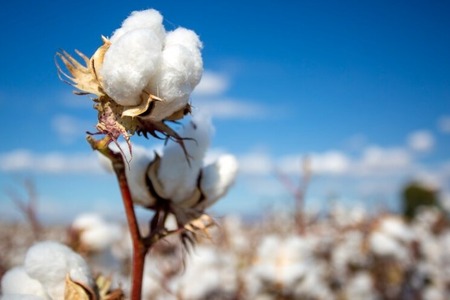
Indonesian local yarn makers demand steeper tariffs for yarn importers
YarnsandFibers News Bureau 2014-07-04 18:00:00 – JakartaDumping of yarn by foreign exporters has become a serious issue for the local Indonesian yarn producers as many are experiencing drop in their domestic sales. Four companies have urged the Indonesian Anti-Dumping Committee (KADI) to place additional tariffs on foreign yarn companies who allegedly engaged in dumping practices in the Indonesian market between 2010 and 2012.
The companies, which include Asia-Pacific Fiber, Indorama Synthetics, Indorama Venture and Indorama Polyester Industries members of the Indonesian Synthetic Fiber Association (APSyFl), are called for a steeper anti-dumping tariff in order to prevent a reduction in local sales and consumption.
According to Indorama Synthetics director Adya Sudhir, if this practice continues, then they are tolerating unfair trade practices at the expense of local producers. The petitioning companies are called for a 15 to 20 percent anti-dumping tariff for each overseas company proven to have engaged in dumping practices. But any such action would have to wait for the KADI’s full investigative report.
The committee is currently finalizing its report detailing the investigation’s findings and recommendations, which will be sent to several ministries, including the Industry Ministry, Economic Ministry, Trade Ministry and Finance Ministry.
The investigation revealed that several filament yarn companies in countries including South Korea, China, Taiwan, Malaysia, Thailand and India showed dumping margins ranging from 0.5 to 20 percent. The margin explains the difference between the “fair price” and the price charged for export.
APSyFI is not requesting any protectionism measures but recommending anti-dumping tariffs to make the practice more difficult and promote fair trade. They are looking for something that will promote fair competition for companies in accordance with World Trade Organization regulations on dumping.
Indonesia’s vulnerability to dumping is resulting in the country’s yarn industry progressing slower than in other countries in the region, and having a negative impact on local yarn producers as imported goods, which were priced lower than those in the home market, were diverting consumption away from local products.
The filament yarn industry suffered gradual losses in domestic sales between 2010 and 2012, allegedly due to dumping practices by foreign companies. Domestic sales dropped by more than 4 percent during the three-year period from 386,610 metric tons in 2010 to 371,493 metric tons in 2012, as per the APSyFI data. The market share of domestic sales also dropped to 81.3 percent in 2012 from 94 percent in 2010.
The industry projects to produce up to 890,000 tons by the end of 2014, a significant increase from the 813,000 produced in 2013, with appropriate imposing of anti dumping measures.
In 2013, the KADI took anti-dumping measures by sending out verification surveys to several countries, which helped reduce imports of yarn from 70,000 metric tons to 66,000 metric tons.
Market Intelligence
Ask for free sample Report

experience
Customer Base
dedicated team
Countries Served Worldwide









